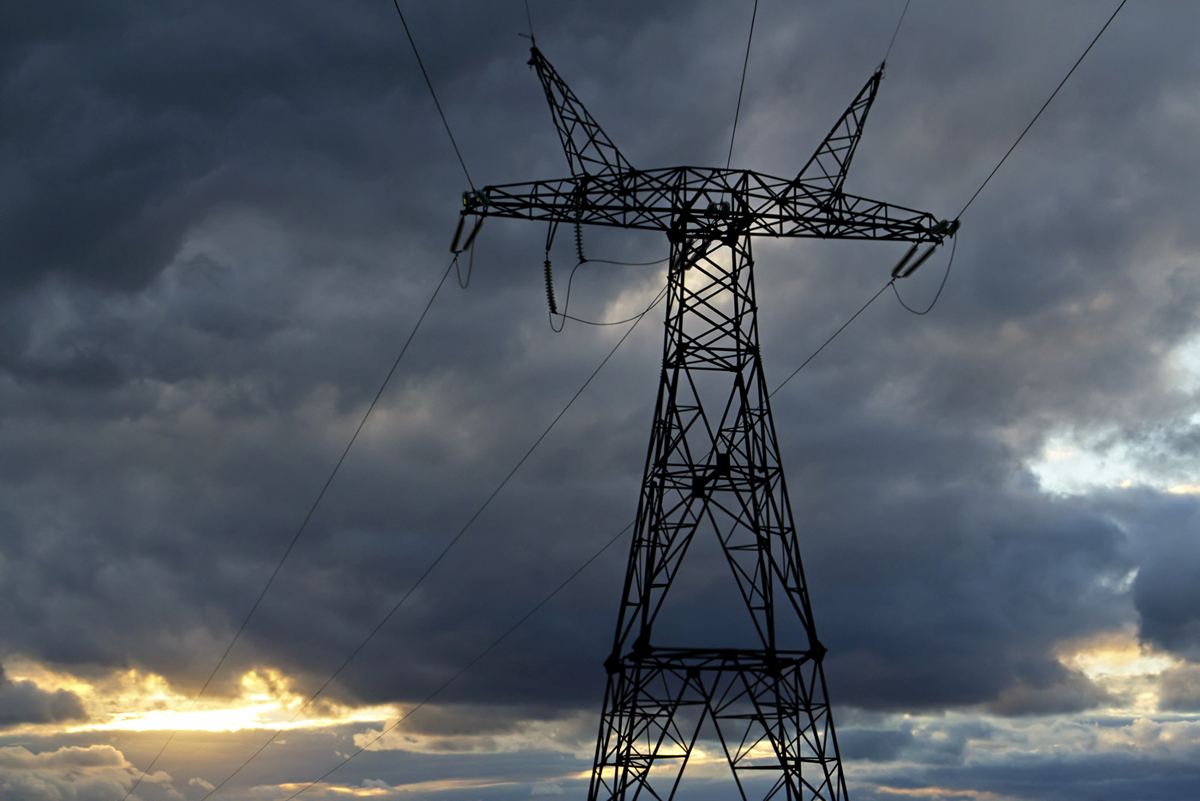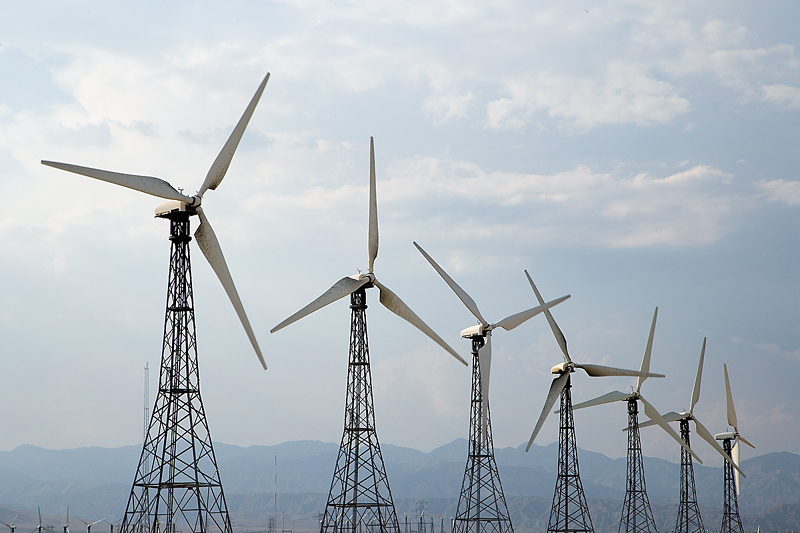On Tuesday, the Maine Public Utilities Commission approved a $63.6 million CMP transmission line upgrade in the Midcoast despite objections from residents, who say it will be used for an industrial-sized salmon farm in Belfast. An alternate proposal that the area’s energy needs could be met by solar farms and other distributed energy resources in the region was rejected.
The line upgrade will affect 23 miles of line that runs between Windsor and Warren. According to the Portland Press Herald, the cost of the pooled transmission facility would be shared by the six states under grid operator ISO New-England’s jurisdiction, and Maine’s share of approximately 9 percent would be paid for by the ratepayers in the form of transmission charges.
Residents who spoke out against the upgrade say that it is a ratepayer-subsidized handout to Nordic Aquafarms, who expect to use between 25 and 26 megawatts when operating at full capacity. CMP, however, says that the upgrade is needed because of well-documented power overloads and other issues on the lines. The upgrade was originally proposed by CMP in 2008, but was deferred in 2010 so that alternatives could be explored.
in January of 2020, CMP requested that the upgrade be considered because of Nordic Aquafarms request to connect to the system. According to the Press Herald, a spokesperson for Avangrid, CMP’s parent company, said that “Nordic Aquafarms didn’t enter the picture until we had already at least once requested this because of growth in the area. I don’t believe we would have been able to supply them with the power that they needed for their project without it, but certainly the need predated them, as well.”
Eric Heim, President of Nordic Aquafarms, said that he has a guarantee from CMP that it can provide power to meet their needs even if the approved upgrade isn’t completed. Heim acknowledges that 25 to 26 megawatts seems like a lot of energy, but that “when you compare it to the energy use of air freighting for salmon in the U.S today, that’s commonly the case for 90 percent of the salmon consumed in the U.S today, it is a really good equation. You save on your carbon footprint, and you save a lot of energy.”
Although pushback from residents was strong, repeated comments from the Public Utilities Commission say that the Nordic Aquafarms project is not the reason for the upgrade. “I want to be clear that the evidence of the record demonstrates that the rebuild of Section 80 would be needed even without the potential future load growth from Nordic Aquafarms” said PUC chairman Philip Bartlett.
Catherine Hartnett, a spokesperson for Avangrid, says construction is expected to begin in early 2023.






